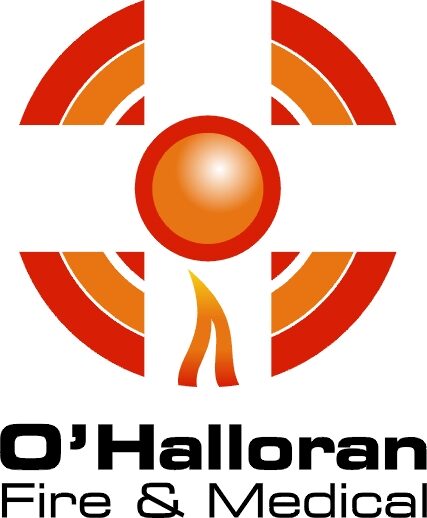Entry requirements
Entry requirements set by ASQA are the basic qualifications and criteria that students must meet before enrolling in a nationally recognised course.
These requirements ensure students have the skills and knowledge needed to undertake this course.
- There are no formal academic requirements
- Additional entry requirements are set by individual course providers
Course fees
The estimated fee reflects the price range across training providers in Sydney.
The course fee is determined by each individual provider and may vary depending on factors like study mode and student support availability.
Career opportunities
The Diploma of Fire Systems Design will prepare you for the following roles.
Fire Systems Inspector
A Fire Systems Inspector is responsible for examining and testing fire protection systems to ensure they comply with safety standards and building...
Hydraulic Designer
A Hydraulic Designer creates plans for plumbing systems used in a range of settings. You might work on domestic projects or specialise in commercia...
Safety Assessor
A Safety Assessor is responsible for evaluating potential risks in various environments, products, or systems to ensure they meet safety regulation...
Find a course provider
Compare all providers for the available in Sydney to find the right fit for you.
More about Diploma of Fire Systems Design
Are you looking to advance your career in fire safety and design? The Diploma of Fire Systems Design is an excellent pathway that equips students with the vital skills needed to excel in various roles within the industry. In Sydney, one key training provider, O'Halloran Fire & Medical, offers this course through a blended delivery mode, allowing for a combination of both face-to-face learning and online resources. This flexibility is ideal for those based in the vibrant heart of Sydney or nearby areas, aiming to enhance their qualifications while managing their other commitments.
Completing the Diploma of Fire Systems Design opens a multitude of career opportunities in the fields of Engineering and Civil Engineering and Construction. Graduates can step into rewarding roles such as a Hydraulic Designer, Fire Engineer, or Fire Protection Engineer. Additionally, opportunities as a Fire Inspector, Fire Systems Inspector, or Safety Assessor await those who wish to play crucial roles in maintaining safety standards and protecting lives in their communities.

